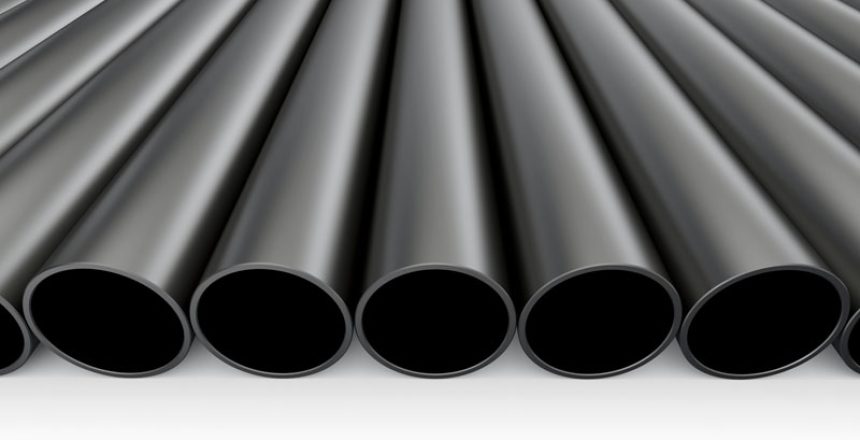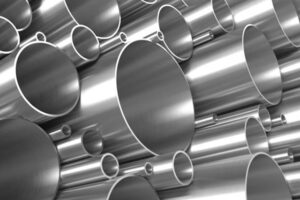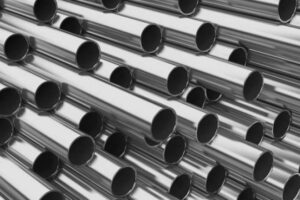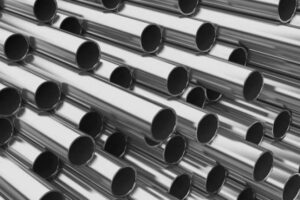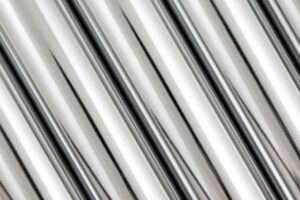Titanium Grade 2 (R50400) And Grade 7 (UNS R52400) Pipe
In the realm of industrial and engineering applications, the selection of materials plays a pivotal role in determining the longevity, efficiency, and overall performance of various components. When it comes to demanding environments that require exceptional corrosion resistance, high strength-to-weight ratios, and biocompatibility, titanium emerges as a standout choice. Titanium, renowned for its remarkable properties, finds extensive use in various industries, with Grade 2 and Grade 7 titanium piping leading the way in critical applications.
Titanium Grade 2 Piping: Unyielding Corrosion Resistance
Titanium Grade 2 is a commercially pure titanium alloy, characterized by its excellent corrosion resistance, high ductility, and formability. Composed primarily of titanium and small amounts of palladium, this alloy offers an impressive combination of attributes that make it ideal for a range of industries.
Advantages:
- Corrosion Resistance: One of the most exceptional features of Grade 2 titanium is its resistance to corrosion, even in highly aggressive environments. This property makes it indispensable for industries such as chemical processing, marine engineering, and oil and gas, where exposure to corrosive substances is a constant challenge.
- Biocompatibility: Grade 2 titanium is biocompatible, meaning it is well-tolerated by the human body and does not trigger adverse reactions. This makes it a top choice for medical applications like implants and surgical instruments.
- High Strength-to-Weight Ratio: Despite its relatively low strength compared to other titanium alloys, Grade 2 titanium maintains a high strength-to-weight ratio. This is crucial in applications where both strength and lightness are required, such as aerospace engineering.
- Ease of Fabrication: Its malleability and ductility make Grade 2 titanium easy to fabricate into various forms, including piping. It can be welded, formed, and machined with relative ease, simplifying manufacturing processes.
Applications:
- Chemical Industry: Grade 2 titanium piping is widely used in chemical processing plants due to its corrosion resistance, ensuring the integrity of the system and preventing leaks or contamination of the chemicals being transported.
- Aerospace: In aerospace engineering, Grade 2 titanium pipes are used in hydraulic systems and structural components, thanks to their lightweight and resistance to aviation fluids.
- Medical Field: Its biocompatibility and resistance to bodily fluids make Grade 2 titanium piping suitable for medical implants and instruments, including prosthetics, pacemaker components, and surgical tools.
Titanium Grade 7 Piping: Enhanced Corrosion Resistance
Titanium Grade 7 is an alloy that contains a small amount of palladium. This addition significantly enhances The alloy’s resistance to corrosion, especially in acidic and chloride-containing environments. This attribute, combined with its other characteristics, makes Grade 7 titanium piping an excellent choice for specialized applications.
Advantages:
- Superior Corrosion Resistance: Grade 7 titanium surpasses even Grade 2 in its corrosion resistance, particularly in highly oxidizing and reducing environments. This makes it suitable for use in chemical and petrochemical industries, as well as desalination plants.
- Weldability: Despite its enhanced corrosion resistance, Grade 7 titanium retains good weldability, allowing for the creation of complex piping systems without sacrificing performance.
- Cost-Effectiveness: While not as readily available as Grade 2, the cost of Grade 7 titanium is still lower than more exotic titanium alloys, making it an economical choice for applications where enhanced corrosion resistance is necessary.
Applications:
- Chlor-Alkali Industry: Grade 7 titanium piping is particularly valuable in the chlor-alkali industry, where it is exposed to aggressive chloride environments during the production of chlorine and caustic soda.
- Desalination Plants: In desalination plants, where seawater is converted into freshwater, Grade 7 titanium piping resists the corrosive effects of saltwater and the high pressures involved in the desalination process.
- Marine Engineering: Due to its resistance to seawater corrosion, Grade 7 titanium pipes find applications in shipbuilding, offshore platforms, and any marine systems that require durability in harsh environments.
In conclusion, both Titanium Grade 2 and Grade 7 piping exhibit exceptional properties that make them highly valuable in various industries. Their corrosion resistance, combined with other advantageous characteristics, positions them as go-to materials for critical applications where durability and performance are paramount. As technology advances and industries evolve, these titanium alloys continue to play an essential role in shaping a more resilient and efficient future.

